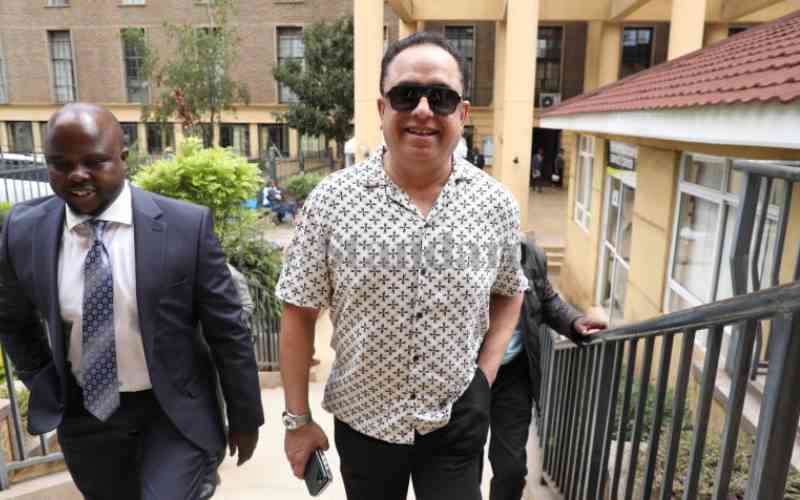×
The Standard e-Paper
Home To Bold Columnists

Businessman Yagnesh Devani was acquitted in multibillion Triton oil scandal case on February 12, 2024. [Collins Kweyu,Standard]
The acquittal of four people in the multi-billion shillings Triton oil scandal involving billionaire businessman Yagnesh Devani seems to be a continuation of the collapsing mega corruption cases.